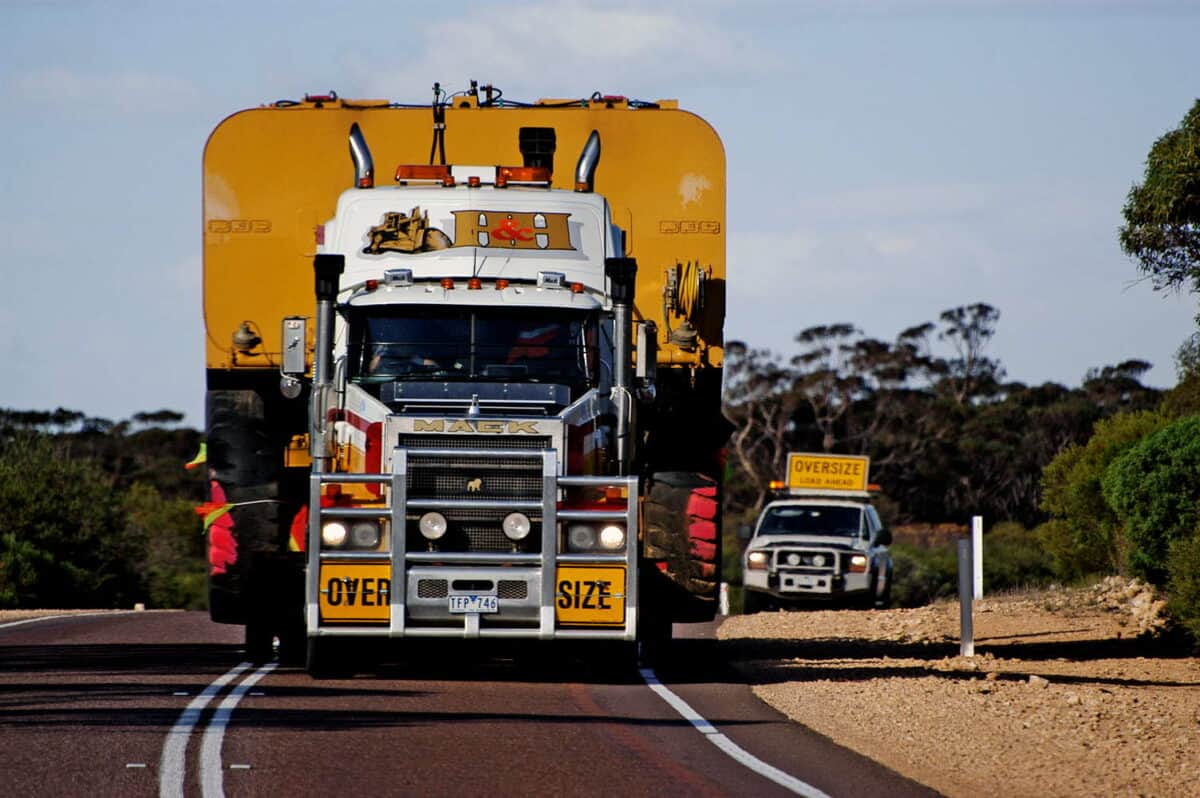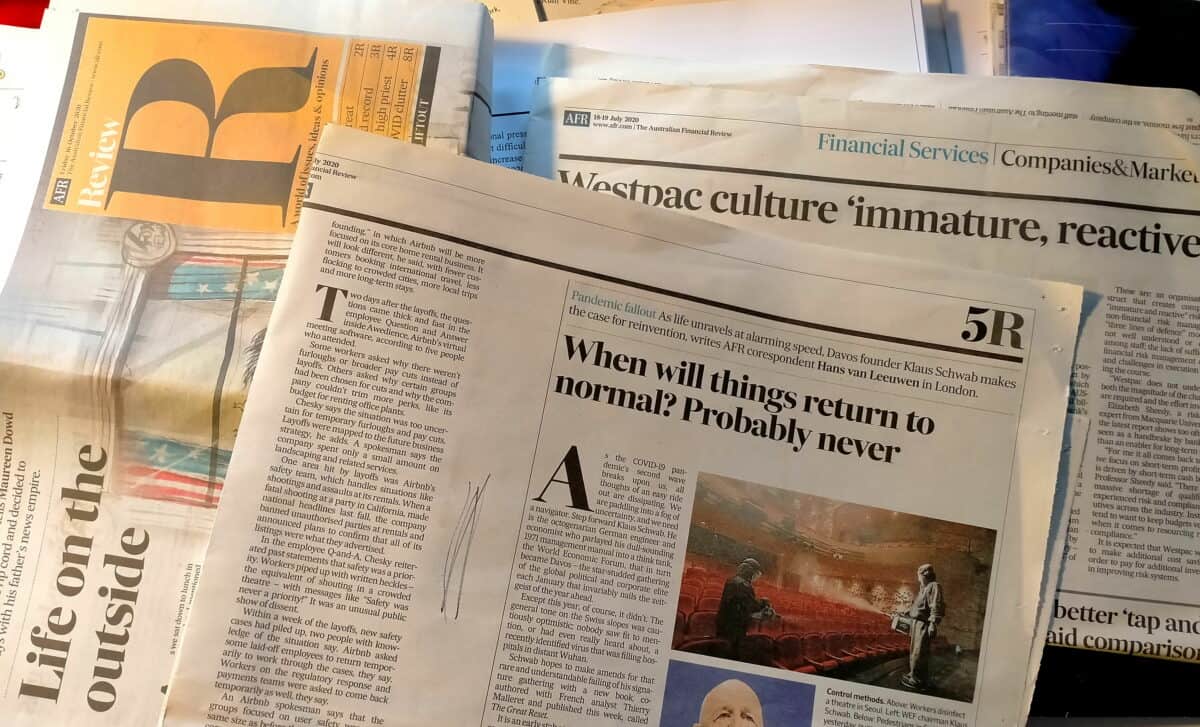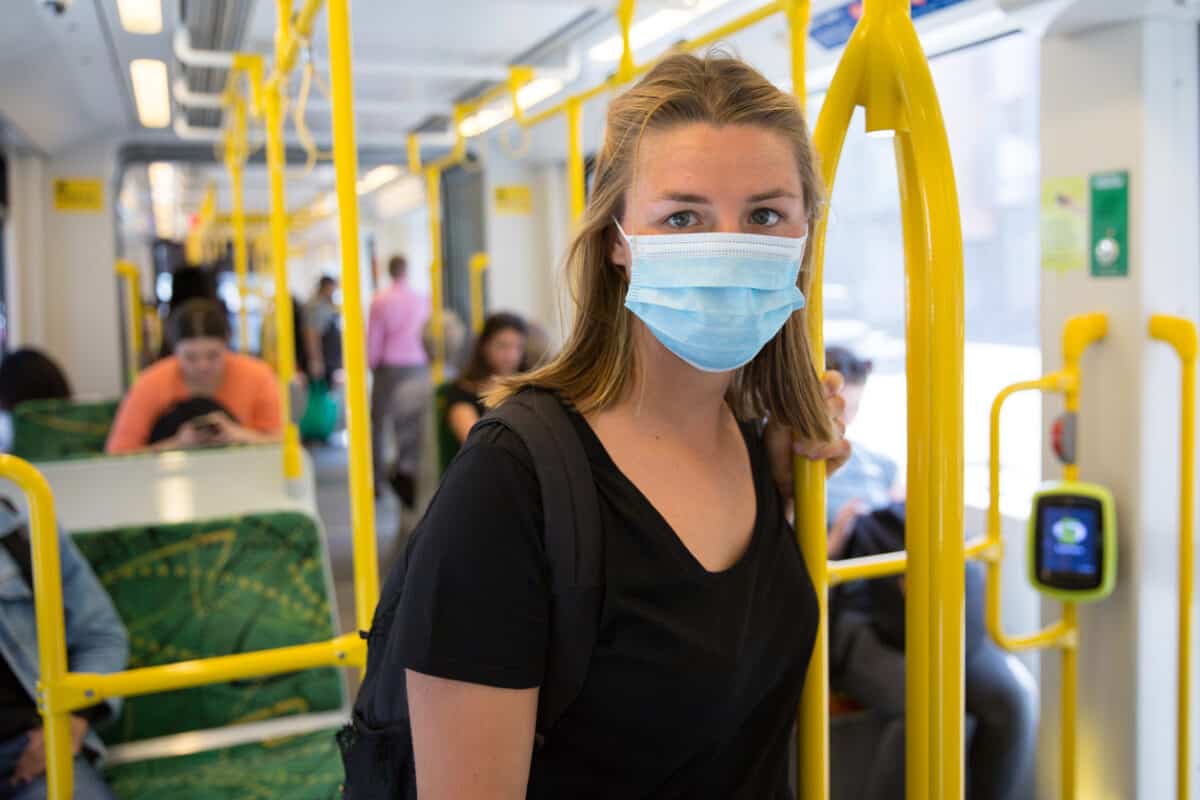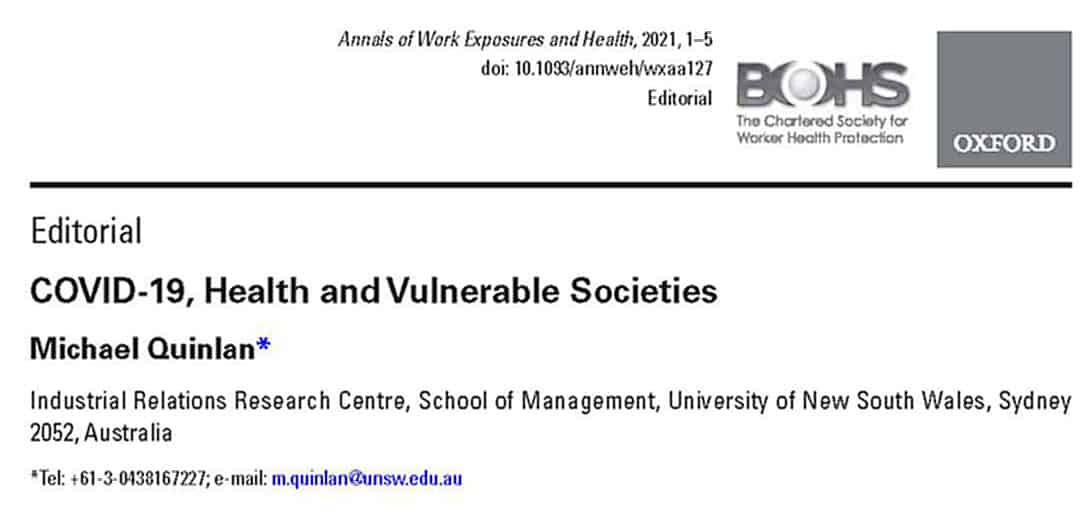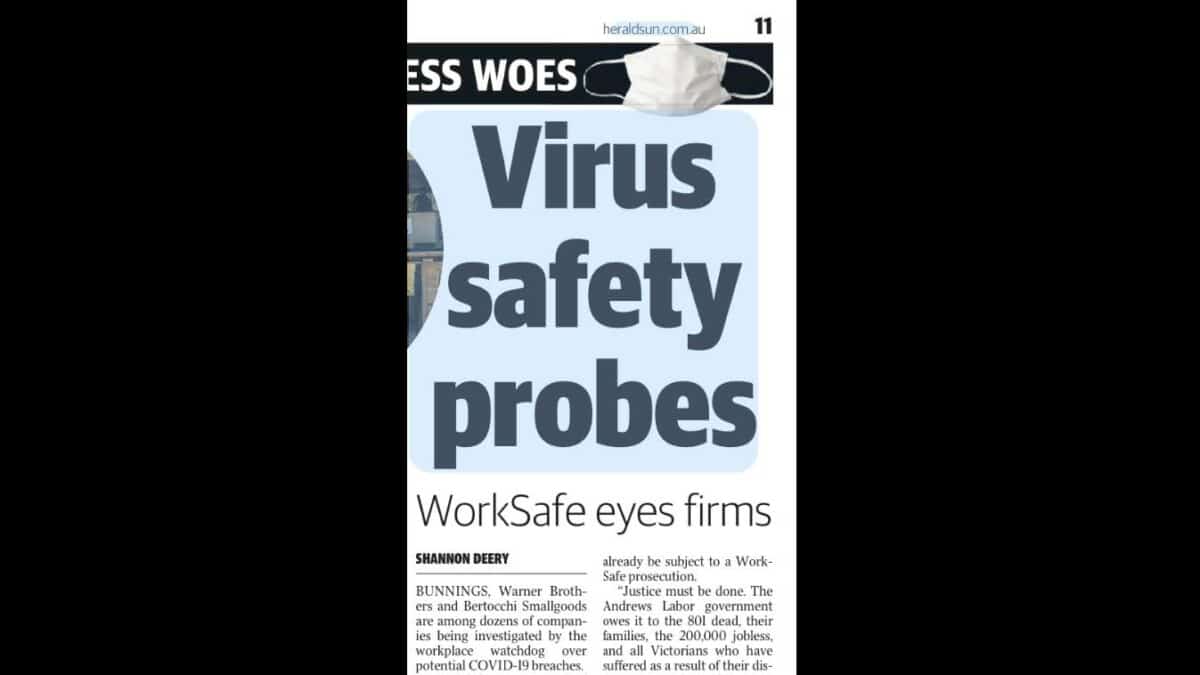Australia’s heavy vehicle transport industry has been involved in arguing about workplace health and safety for decades. It is also one of those issues that have been largely dominated by anecdotal evidence, as shown by the recent Australian Senate Committee hearings into the “Importance of a viable, safe, sustainable and efficient road transport industry“, much to the detriment of the occupational health and safety (OHS) of the drivers, the public safety of other road users and the families of those who die in road incidents.
Category: COVID19
Biden reverses Trump’s position on workplace safety
It is fair to say that the term of office for President Trump was not supportive of occupational health and safety (OHS). Former President Trump did not seem to see the need for OHS regulations and his attitude to the COVID-19 pandemic meant that it would never be considered as an occupational disease. Reports over the last week in the United States media, and the issuing of an Executive Order, indicate that new President Biden values workplace health and safety.
The New York Times (paywalled) is reporting that
“President Biden directed the Occupational Safety and Health Administration [OSHA] on Thursday to release new guidance to employers on protecting workers from Covid-19.
In one of 10 executive orders that he signed Thursday, the president asked the agency to step up enforcement of existing rules to help stop the spread of the coronavirus in the workplace and to explore issuing a new rule requiring employers to take additional precautions.”
Culture, greed and safety heckles
More business “gems” from the Australian Financial Review (AFR).
The potential for corporate change from Australia’s Royal Commission into Misconduct in the Banking, Superannuation and Financial Services Industry is fading fast. Back in July 2020, the Australian Financial Review (AFR) reported on an investigation by the Australian Prudential Regulation Authority (APRA) that found, according to the AFR’s headline, that Westpac bank’s culture was immature and reactive.
Safety culture, or an organisational culture that integrates safety, has been a running theme in Australian occupational health and safety (OHS) circles for several decades now but it has rarely gained traction. Partly this is due to the distraction presented by corporate wellbeing programs which address symptoms of ill-health and un-safety and provide a comfortable excuse for company executives who can then claim some action even if the results are dubious.
Mandatory COVID19 vaccinations? Yep.
Each Monday in January 2021, workers are returning to workplaces, worksites, and offices, often with regret that the Christmas/New Year break was not long enough. This year their return is complicated by concerns about COVID19.
The major talking point, at least in Australia, is “can an employer force a worker to be vaccinated as a condition of returning to work?” and the answer seems to be “Yes”.
Building a resilient society
In the middle of a pandemic, it is easy to be locked into small issues, especially if they directly relate to you, such as lockdowns or sick relatives but it is important to be reminded of the broader social context. Professor Michael Quinlan recently wrote an editorial for the Annals of Work Exposures and Health, entitled “COVID-19, Health and Vulnerable Societies”.
WorkSafe Victoria’s COVID19 OHS investigations
WorkSafe Victoria and its CEO Colin Radford have been pilloried by a couple of political and economic commentators recently, especially over the handling of the Hotel Quarantine Program. Radford and WorkSafe have wisely not reacted to the loudest voices and have continued their work investigating COVID19-related breaches of the occupational health and safety legislation.
One of the accusations of the commentators is that the OHS regulator has been slow to act. The Herald-Sun newspaper published an article on January 7, 2021 based on the list of companies being investigated but mentioned only a handful. The full list is included below.
Newspapers must make editorial decisions in relation to newspaper space so the omission of the full list is understandable. However, the online version, for which space is not an issue, still omitted the list or at least a hyperlink to the list. The online and printed articles are almost the same except that the online version omits the name of Australia’s largest hardware stores, Bunnings, from the first paragraph; an editorial decision (or error) that is hard to understand.
Seeking accountability in a pandemic
The Australian newspaper’s Robert Gottliebsen continues to bash the Victorian Premier and WorkSafe Victoria over the outbreak of COVID19 that originated from workers in the Hotel Quarantine Scheme. He insists that the government has occupational health and safety (OHS) responsibilities for the workers in the hotels, especially the security guards through which transmission to the community occurred. His arguments are logical, but what he is really searching for is accountability and, perhaps, in a global pandemic, there is none.

